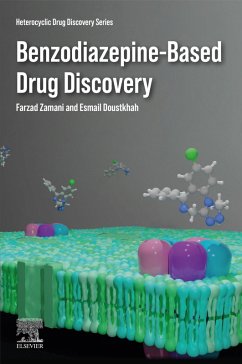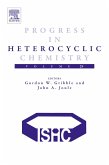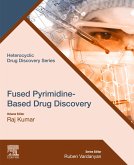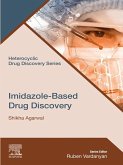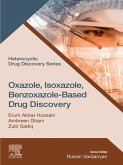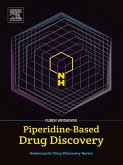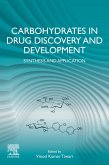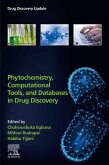The importance of these privileged pharmacophores is not limited to the treatment of psychotic disorders because minor changes in the structures can generate various biological activities. They represent a wide range of therapeutic functions such as anticonvulsant, antianxiety, anti-depressant, antiviral, anti-HIV, anti-inflammatory, anticoagulant, anti-obesity, endothelin antagonist, cholecystokinin antagonist, and vasopressin receptor antagonist activities.
- Presents detailed coverage of chemical structures and practical synthetic methods of benzodiazepines and benzothiazepines in drug discovery
- Compiles detailed in vivo and in vitro biological activity data of 1,4-benzodiazepine- and 1,5-benzodiazepine-based drugs that will help researchers design and develop innovative drugs
- Discusses promising avenues and potential challenges in the development of new benzodiazepines and benzothiazepines in medicinal drug synthesis
Dieser Download kann aus rechtlichen Gründen nur mit Rechnungsadresse in A, B, BG, CY, CZ, D, DK, EW, E, FIN, F, GR, HR, H, IRL, I, LT, L, LR, M, NL, PL, P, R, S, SLO, SK ausgeliefert werden.

